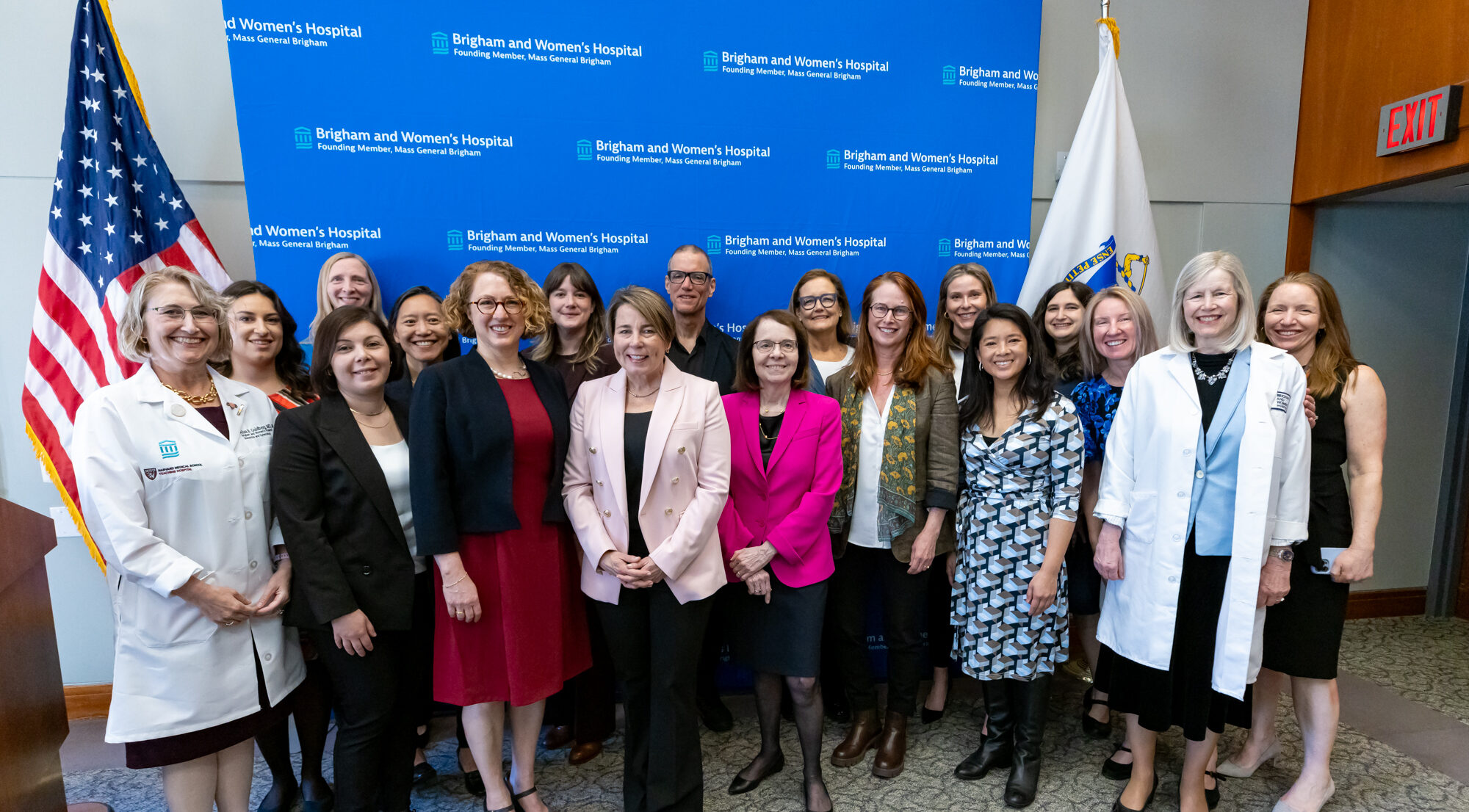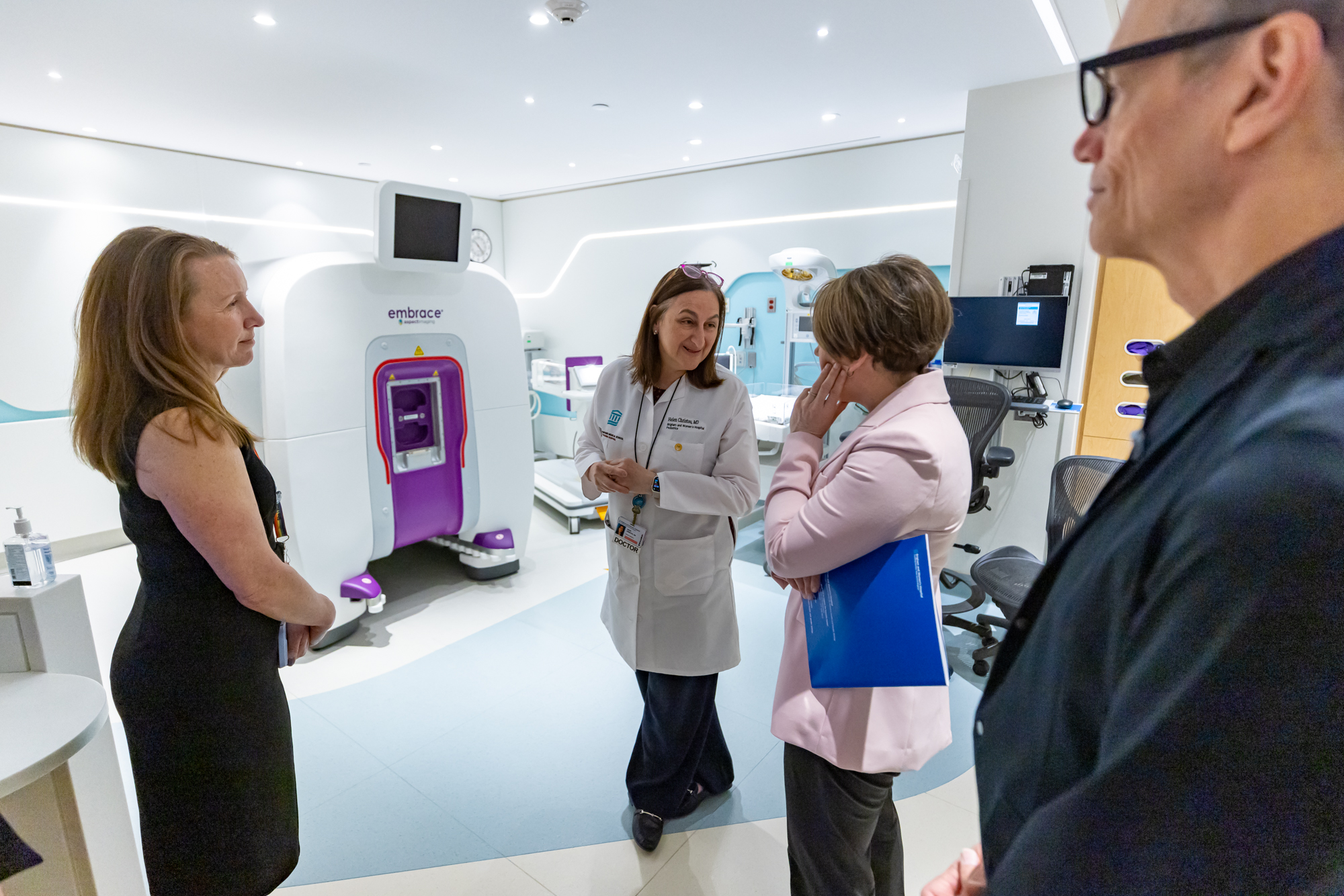Women’s Health Initiative
The Current State: From high blood pressure, to depression, to autoimmune conditions, women are suffering at higher rates from many illnesses and diseases. Furthermore, exclusion of women from clinical trials and a lack of organized capital [1,2] have hampered our understanding of any sex-based variation in diseases that present across genders.
The Challenge: This has resulted in a general underrepresentation and lack of focus on women’s health. Not understanding and studying these nuances impacts not only patients, but also employers and the healthcare system.
The Challenge: This has resulted in a general underrepresentation and lack of focus on women’s health. Not understanding and studying these nuances impacts not only patients, but also employers and the healthcare system.















